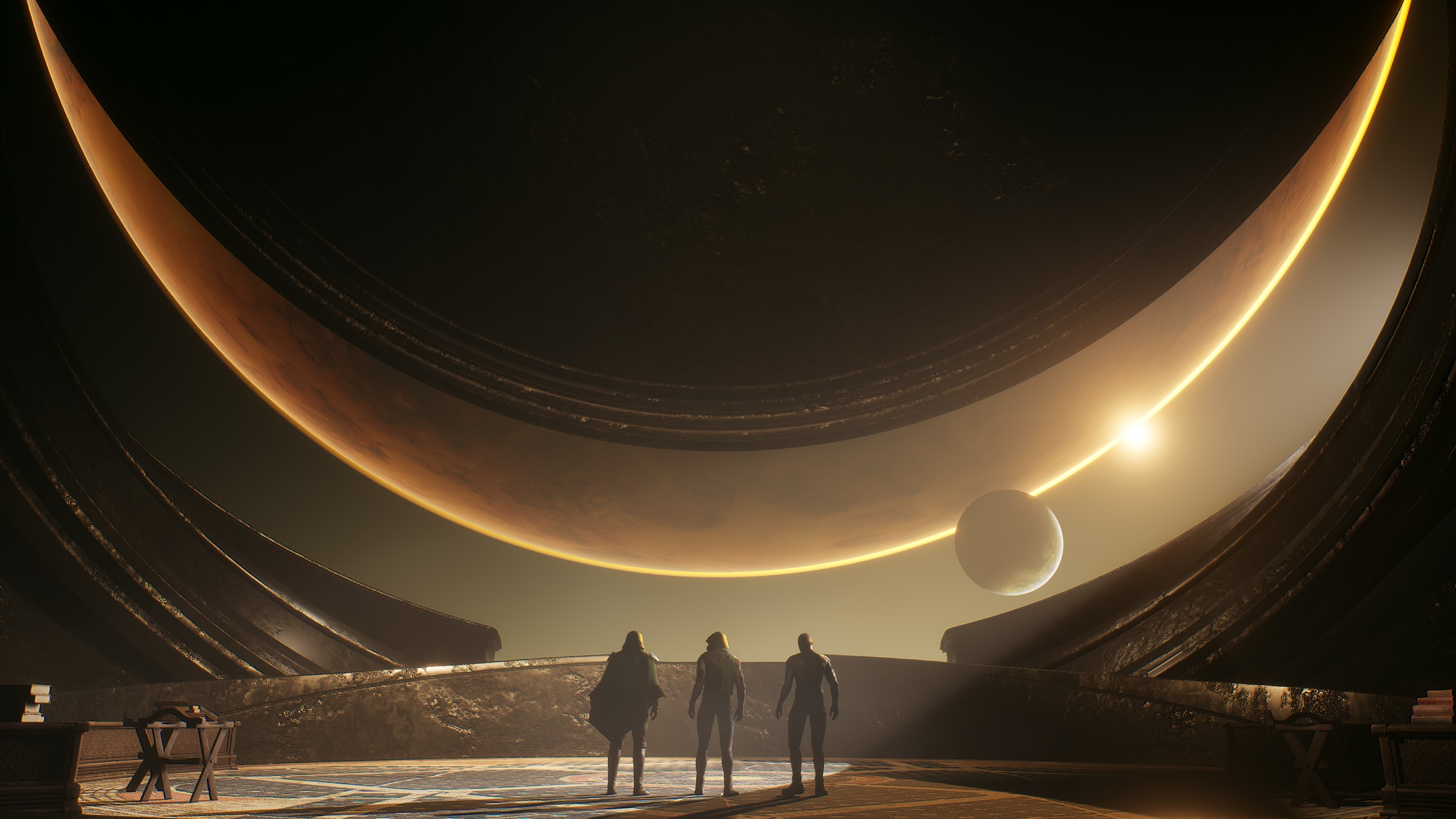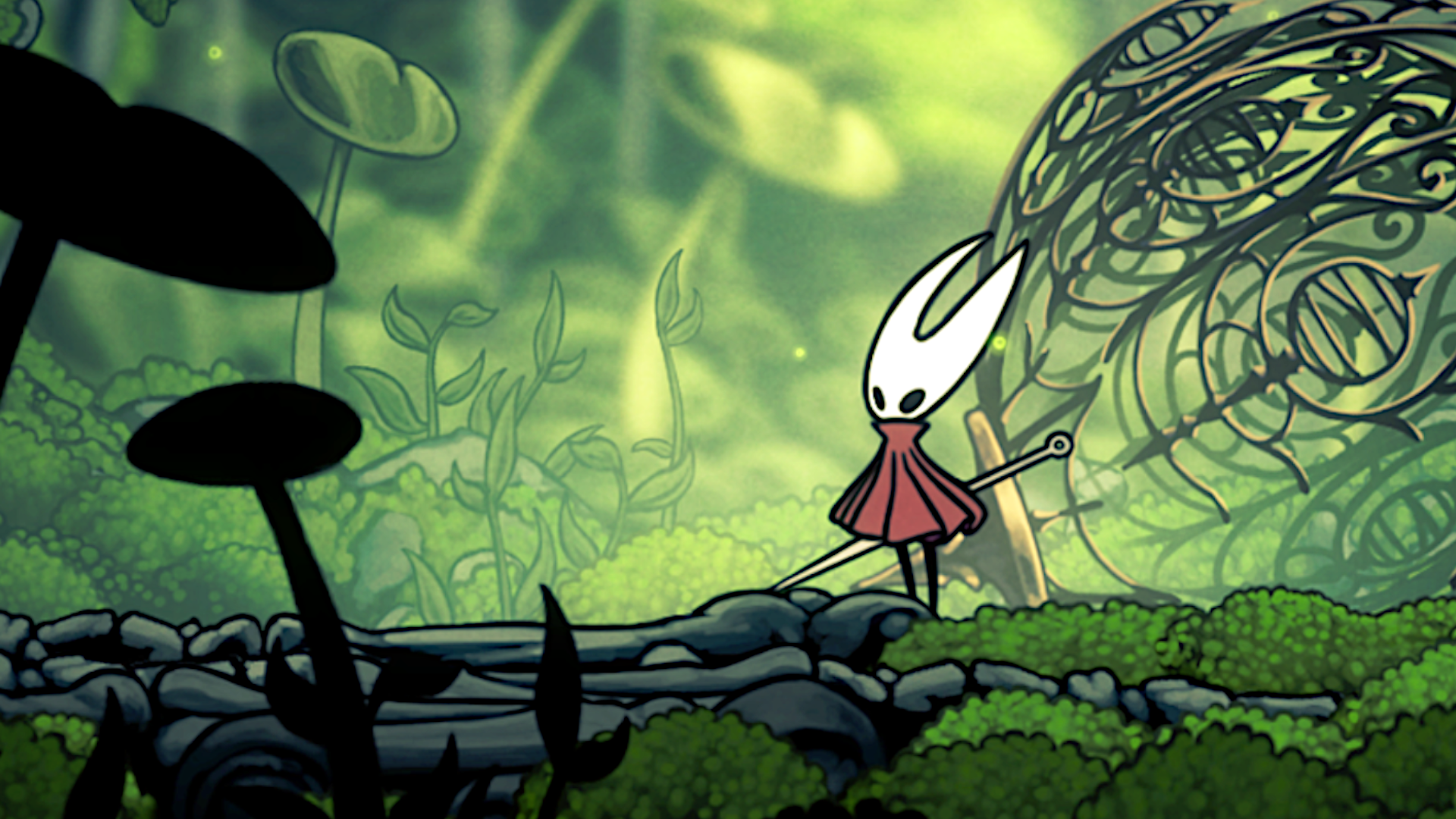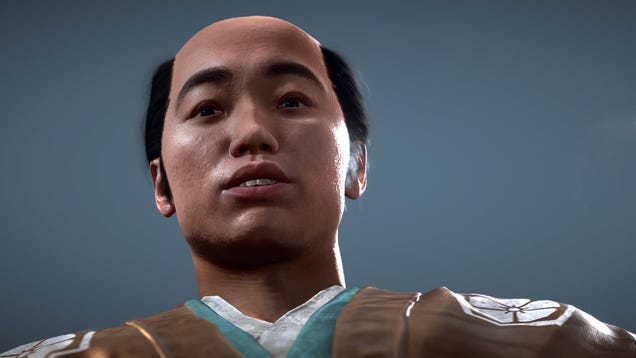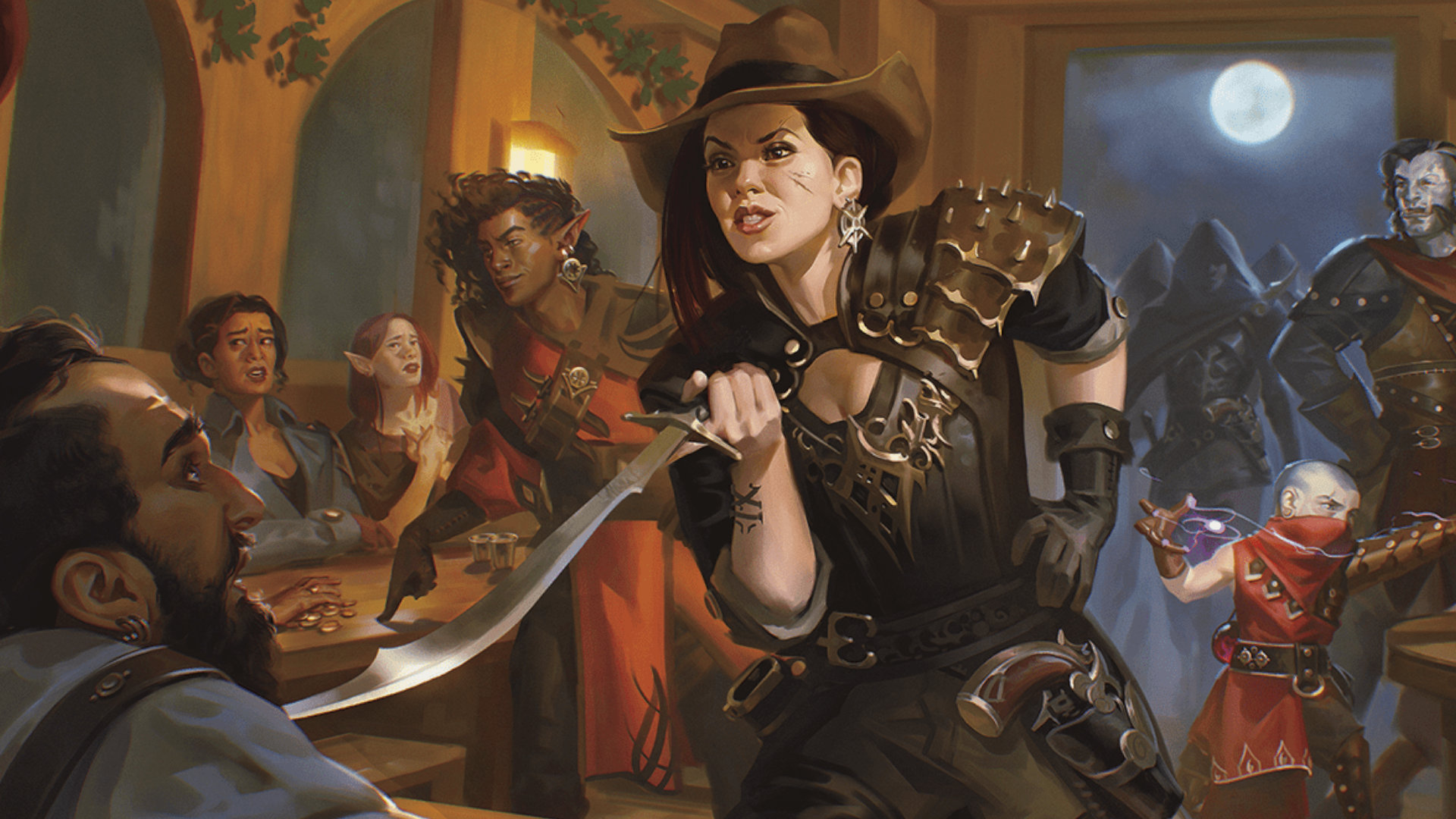
Part survival game, part MMO, Dune: Awakening is tapping into the bygone days of MMOs to let players carve their own paths.
I’m not sure I’ve ever heard of a bolder conceit for a game—or a more doomed one—than Star Wars Galaxies’ original pitch that almost no one would get to be a Jedi. In the Star Wars films and expanded universe, only a tiny portion of the trillions of people across the galaxy were Force-sensitive, so the developers locked Jedi abilities behind an opaque set of conditions that made becoming a Jedi difficult and mysterious. Eventually the developers were pushed to make becoming a Jedi easier, and in what one of the developers called “the most infamous patch in videogame history,” they turned Jedi into a basic class option. The game was never the same after.
Before that, though, Star Wars Galaxies was a true sandbox MMO, an online space that players created their own identities and goals within. Impossibly ambitious, sure, doomed to turn off a lot of players, sure, but bold in a way that made the players who loved it really love it. I was thinking about that commitment to Jedi scarcity when I talked to the creative director of upcoming survival MMO Dune: Awakening after watching the new film, which is all about Paul Atreides becoming Dune’s equivalent of Luke Skywalker, to grossly oversimplify things.
“It’s funny you mentioned Star Wars Galaxies—that was a huge inspiration for us,” Joel Bylos said. “That’s the style of MMO we really like, the old sandboxy MMOs. Then World of Warcraft came out and everyone copied that for a few years, or still do. But a lot of us are old school MMO players. Funcom’s been around for awhile—even made one of the originals, with Anarchy Online.”
Bylos has some MMO bona fides: he may not have been making games back in 2001 when Funcom launched Anarchy Online, but he was the lead content designer for Funcom’s 2012 MMO The Secret World, a flawed but creatively ambitious game that may deserve credit as one of the last games in the genre to try to do something really different from WoW. In his opinion, MMOs peaked in popularity around 2010, with most developers abandoning attempts to make enormously expensive MMOs after that and pivoting to hotter genres like MOBAs.
These days survival games may be the most consistently popular genre on Steam, and it’s no coincidence that Funcom has been making them for years—Bylos actually sees them as natural descendants of the kinds of MMOs he loved.
“The crafting part of MMOs became survival games, with smaller private servers. MOBAs were like the MMO PvP minigames back in the day. The [survival elements] are a different kind of funnel into the game, at least that’s the way I think about it. But I don’t think they’re miles apart… We like that concept, that this is where survival games are, they are that sandbox break-off from MMOs, and we can bring that back.”
Dune: Awakening isn’t explicitly following the path of Star Wars’ Galaxies opaque Jedi system, but it is trying to stay true to Dune lore. Players won’t be becoming Bene Gesserit sisters, though they’ll learn how to use some of their powers from rogue trainers. More broadly, Funcom is aiming for it to be an MMO in which you can make your own way and enjoy crafting or building, selling your creations and architectural blueprints to other players, rather than following questlines if you prefer.
The elephant in the desert in terms of being inspired by Galaxies is also that, well, that game failed. So why would Awakening succeed while following in its footsteps?
(Image credit: Funcom)
Well, it’s “not full Star Wars Galaxies,” Bylos said. Awakening isn’t doing classes or some other heritage MMO features—that’s where the survival game aspects take precedent—but Bylos argued that nailing the fundamentals makes a big difference in how players will react to a sandbox game that doesn’t necessarily let everyone run around as the Kwisatz Haderach.
“If the game director was here, he’d be saying ‘if the game feels really good to play moment-to-moment, the way you move in the world, the way you shoot in the world, driving, if those things feel great and then you have this amazing universe around it, it’s going to be fine.'”






